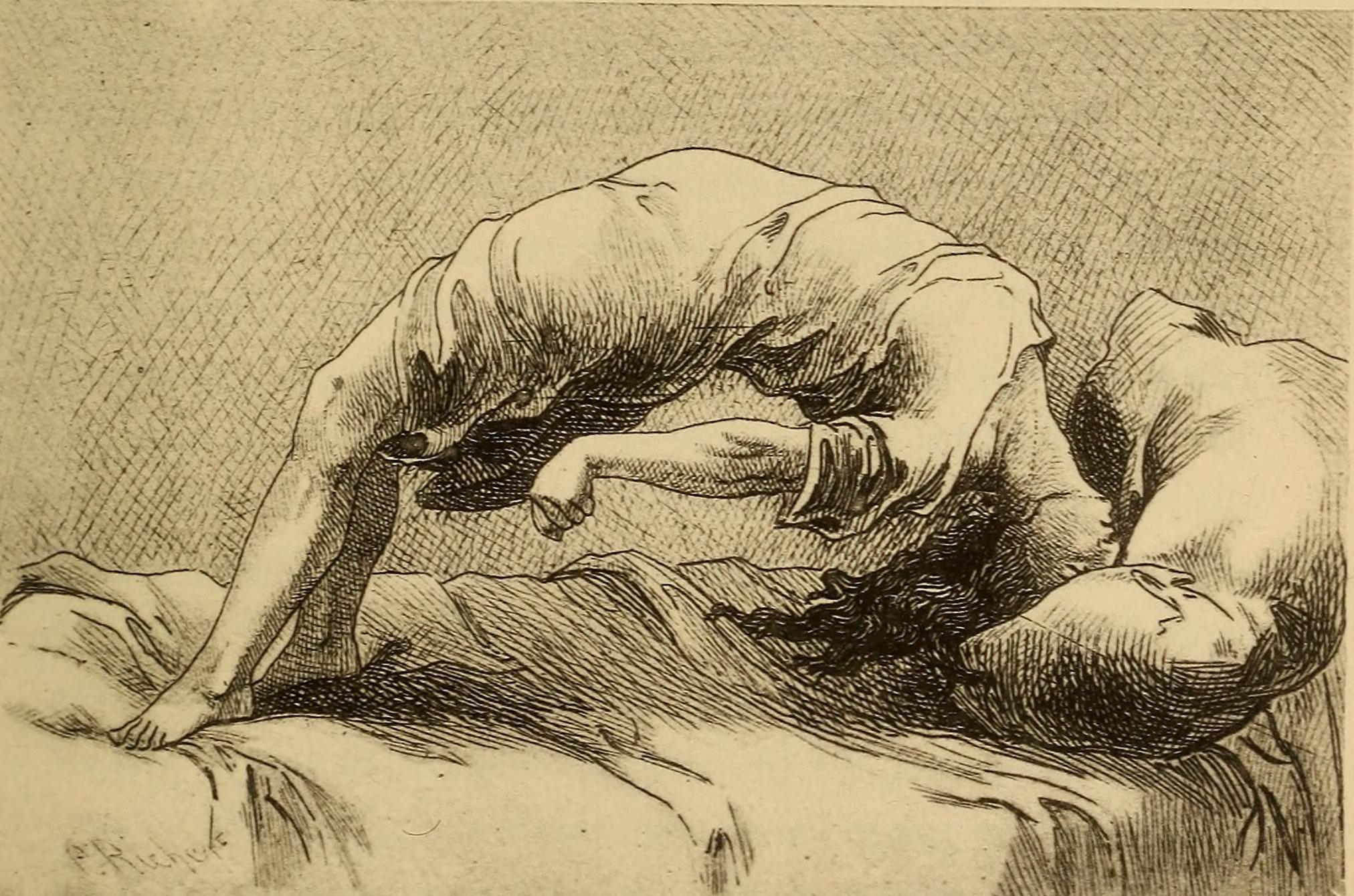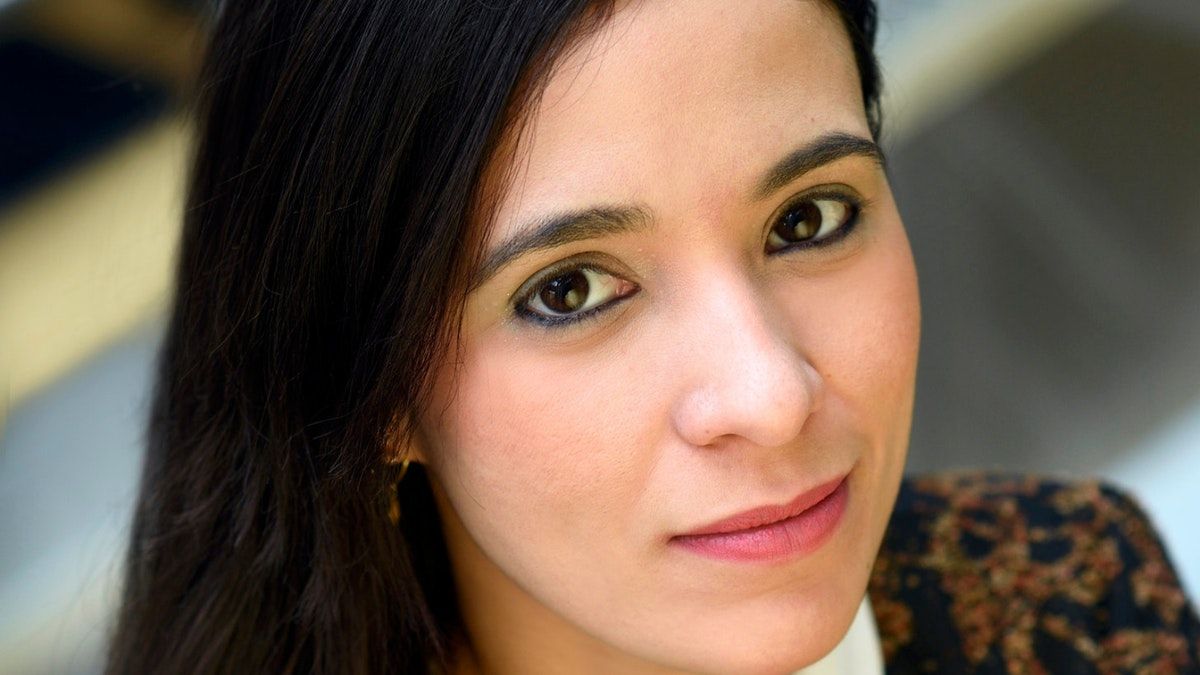Long Covid is making people want to kill themselves
We need to stop pretending this is not happening.

<Trigger warning: suicide, suicidal ideation>
Please help me keep Sanity alive in 2022. Pick up a monthly or annual subscription and support independent, ad-free, 100% reader-funded mental health storytelling.
Heidi Ferrer was a talented screenwriter, a dedicated mother, and a passionate social advocate. She had overcome a history of alcohol dependency and lived a healthy, vibrant life. Her family called her 'sunshine in a dress'.
On May 26, 2021, Ferrer died by suicide following a hellish spell of long Covid complications. Ferrer had contracted Covid in April 2020, and for the next year she suffered severe palpitations, extreme exhaustion, brain fog, gastrointestinal issues, and other ailments that medical science had no explanations for. In the end, the pain was too much for her.
In a numbing piece published yesterday, Ferrer's husband Nick Güthe writes:
"I came home one day last May to find that she’d decided to end her pain. As our 13-year-old son waited outside for the paramedics, I tried desperately to revive her. I did a good enough job that by the time we got her to the hospital they could restart her heart, but she was brain dead on arrival. The emergency room doctor assumed that she died from depression. When I told him, 'She wasn’t depressed, it was long Covid,' he looked at me with bewilderment and asked, 'What’s long Covid?'"
I don't mean to sound sensational or alarmist – but long Covid is ticking away above our very heads, even as we continue to wonder if its mysterious manifestations are all in our heads. By one estimate, over 100 million people worldwide will have developed long Covid symptoms up to six months after recovery from Covid. But mounting research evidence of long Covid's toll hasn't resulted in commensurately urgent action, or compassion towards survivors.
A medical system that dismisses as 'anxiety' or 'depression' anything it can't neatly diagnose has pushed us deep into a culture of gaslighting, especially of women who have been historically vulnerable to allegations of 'hysteria'. It doesn't help that the unrelenting assault of new variants has battered healthcare workers and stretched to the seams already thin resources, especially in poorer countries.
If you are among those who believe long Covid is an urban legend or are sitting on the fence, I urge you to go to Twitter, search for the term, and read the accounts of people who have been struck by it. Here's just one story I found this morning in response to Güthe's piece:
"Suicidal thoughts are extremely common in us long haulers. The brain wants to shut the body off. It’s too much. I had to have my son move in with me to keep me safe. My sister has same issues. We are at 20 mos and still getting new symptoms. Pls help us 😭" - @amandaINC
We need to stop pretending this is not happening. What else can make us pay attention to this public health calamity if not the spectre of people wanting to kill themselves?
'Just anxiety'
I have myself sought treatment for long Covid symptoms, including a racing heart that I kept ignoring as garden-variety anxiety. I only started doubting my theory when I realised I was getting breathless if I simply got out of bed or bent down to pick up my child's toys.
I managed to find a doctor who didn't think I was making it all up, even though conventional tests like ECG and echo revealed nothing. Thankfully, my condition was manageable. But for others, like my friend Padma whose story was my first real exposure to long Covid's horrors, it remains an endless nightmare.
Since July 2020, Padma has made countless emergency trips to the hospital. It started with a grocery run when she suddenly collapsed and hit her head on the road. "It's just a one-off episode," the doctors told her. "Go home. Rest. Eat. Sleep. Don't worry."
For months afterwards, Padma was assaulted by massive spikes in her heart rate, intense brain fog, and fatigue. The response from 'experts' was always the same: "It's nothing. Just anxiety. Take vitamin pills. Eat. Sleep. Chill." In April 2021, she caught Covid for a second time and ended up in the ICU. The treatment wiped off her savings, and the aftereffects of the infection continued unabated.
Padma had to become her own advocate. She would read reams and reams of new research and cajole her doctors into considering the possibility that what she was experiencing wasn't 'psychologically generated'. Today, she runs a Telegram group and a Twitter handle to support survivors and spread awareness about long Covid.

In September 2021, the Indian government published detailed guidelines for doctors for the management of post-Covid sequelae.
Elsewhere, desperate patients have been ordering microscopes off Amazon and studying their own blood for 'microclots', a phenomenon that some researchers believe could underlie long Covid. Reliable laboratory tests for microclots remain inaccessible. We are living in a bizarre world where patients living with a devastating illness have to become activists and amateur pathologists to be taken seriously.
"Sadly, seven months later the global medical community has done little to accelerate research into these terrifying symptoms," Güthe adds in his piece. "I suspect that the risk of long Covid-related suicides will only increase... If only one in 20 of those long Covid patients becomes disabled or seriously debilitated we could be looking at a disturbing increase in suicides worldwide."
Wow. Another #LongCovid patient replicated possible #microclot findings with a microscope & materials ordered off Amazon ~ @resiapretorius / @dbkell, do these look like a potential microclots? #teamclots pic.twitter.com/adoprDSwKx
— charlos (@loscharlos) January 12, 2022
Suicides caused by Covid aren't (just) a pathological crisis but a socioeconomic one
Long Covid's link with suicide may have emerged relatively late, but we've known for a while that Covid itself poses a potentially serious risk to vulnerable populations, notably in low- and middle-income countries.
In India, suicides increased by 10% in 2020 over 2019 according to National Crime Records Bureau data, claiming 153,052 lives.
Suicides in Nepal rose at an average 8.5% every year before the pandemic. The rate reportedly jumped to 19.4% in the first four months of the lockdown.
More people were estimated to have died in Bangladesh by suicide than from the infection itself between March 2020 and February 2021 (warning: triggering graphic).
In Kenya, the police said in August 2021 that they 'have never recorded such a high number of suicides before and this is not only alarming but calls for remedial measures'.
The reason for this crisis is not pathological but social and economic – stigma and isolation, the closure of schools, financial ruin brought on by waves of lockdowns, among other interconnected factors. Suicide researchers have been screaming from the rooftops that suicides can't be attributed to a single, simple cause, such as mental illness. If we needed any more proof of that, we have it now.
To find solutions to this crisis – and we don't really know the magnitude of the crisis because suicides are chronically underreported – we must look beyond the healthcare sector. In Brazil, for instance, conditional cash transfers to the poorest families have played a miraculous preventive role. The need for such support is now more acute than ever.

Above all, people battling the horrible afterlife of Covid need to know they are seen and heard. "They are all Heidi," writes Güthe, "and they are running out of time and hope."
If you have been affected by any of the issues raised in this article, please seek help. This website provides contact details of free helplines around the world.
Please help me keep Sanity alive in 2022. Pick up a monthly or annual subscription and support independent, ad-free, 100% reader-funded mental health storytelling.






